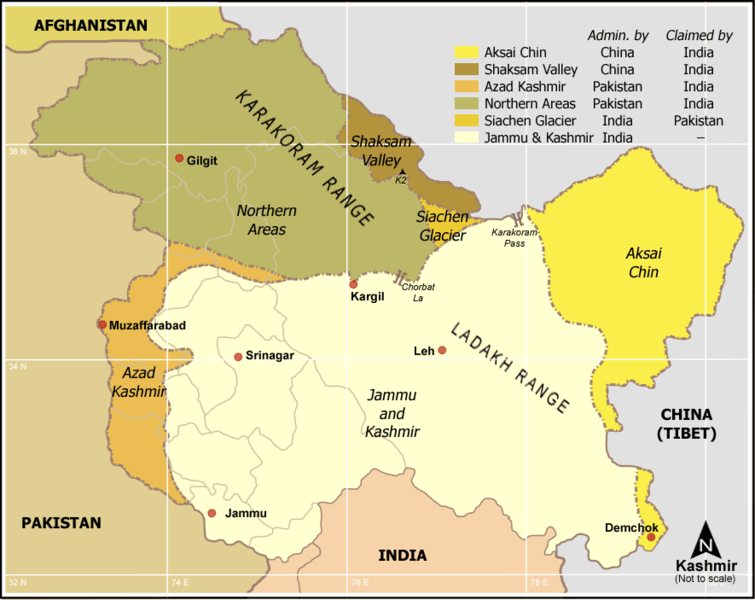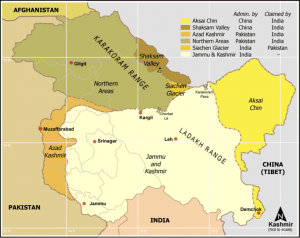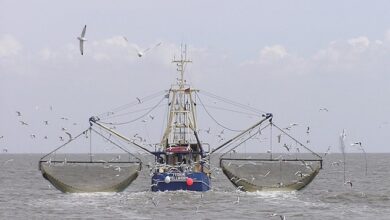Pakistan expels ten international delegates from conference venue

On 10 September 2014, while quoting security reasons, Pakistan expelled 10 international delegates from a science conference which was being held in Pakistan-administered Kashmir, a local newspaper daily Dharti as said. Press for Peace, a peace advocacy organisation based in Jammu & Kashmir has expressed grave concerns over shocking treatment of visiting international scholars.
According to sources, 7 delegates from Indian held Jammu & Kashmir and three from Bangladesh were attending a conference at the University of Poonch in Pakistan Administered Kashmir. They all were disgracefully expelled from within the territorial limits of Pakistan-administered Kashmir. The three-day conference titled ‘Food Security and Climate Change’ began on 9th September and the overthrown delegates had already attended the first session of the conference. The sources said that the ousted scholars had all met the visa requirements to enter into Pakistan; however, the security agencies escorted with local police raided their hotel in Rawalakot on Tuesday night and ordered them to immediately leave the Pakistani side of the disputed state.
Rawalakot is 115 Kilometeres from Islamabad. The university management attempted to intervene but were told not to interfere in the work of security staff. Till Wednesday night the official version by the government was not available. The delegation of university teachers from Indian held Jammu & Kashmir, who entered into Pakistan from Wahga border near Lahore, comprises of Prof. Haroon ur Rasheed, Prof. Zahoor Ahmed, Prof. Dil Muhammad, Prof. Rafique Ahmad, Prof. Manzoor Gul Rahim, Prof. Mussarat Khan, Prof. Azad Khan, whereas Prof. Salman Ali, Prof. Muhammad Burhan, & Prof. MA Rahim are from Bangladesh.
According to the management of the host university all the visiting scholars had mentioned in their visa documents that their intention to visit Pakistan was to attend the science conference. Over 300 local and international delegates were invited to attend the significant event. Pakistan Administered Jammu & Kashmir is virtually a police state where visitors from mainland Pakistan are officially advised to keep their identity with them. Foreign nationals, despite having met the visa requirements to enter Pakistan, are not allowed to visit the disputed territory without prior permission from several ministries and security agencies in Islamabad and Muzaffarabad, the capital of tiny state.
In past, a joint India-Pakistan study of the Kashmir dispute, funded by the United States Institute of Peace (USIP) had argued in favour of making borders between two parts of the disputed territory irrelevant. However, Pakistan has always maintained a tight security apparatus in the area to monitor the activities of foreign visitors. People on both sides have continuously been victim of such sanctions.
Mazhar Iqbal is a peace and human rights activist from Pakistan-administered Kashmir, and has written for a number of newspapers, magazines and websites. Born and raised in a conflict area, he has a natural bent to study and reflect on the happenings across the Line of Control (LOC) in Kashmir. Thus, generally but not exclusively focus of his writings is on situation of human rights, peace and political developments in this zone. He is associated with Press for Peace and can be reached at mazhar.iqbal@pressforpeace.org.uk





